
The Ghana Revenue Authority (GRA) has issued guidelines for a three-phased implementation of the electronic transfer levy (e-levy) “as soon as the Bill is passed”.
According to a news report by Techgh24, the E-levy guidelines outline the various phases of the implementation and obligations of entities that will charge the e-levy on behalf of the government.
The e-levy implementation guidelines was in consultation with stakeholders - Ministry of Finance, Bank of Ghana, Ghana.gov, Ghana Chamber of Telecommunications and GRA.
The GRA also states that the guidelines were arrived at after engaging with and reviewing concerns raised by various stakeholders such as the charging entities, service providers, industry associations, and regulators.
The three proposed phases of the implementation are as follows:
- Implementation of e-levy per wallet/account within the same charging entity
In this phase, the charging entities are required to charge the levy, and implement the verification of daily threshold and exemption for wallets/account within their networks and pay all charged levies into a designated bank account via the Ghana.Gov platform.
Phase one is expected to be implemented immediately the Bill is passed.
- Implementation of e-levy per person within the same charging entity
Phase two is where the charging entities will be required to start applying the Ghanacard to identify individuals in addition to the phase one requirements.
This is expected to begin from April 1, 2022 for electronic money issues (telcos) and July 1, 2022 for banks, payment services providers and specialized deposit-taking institutions.
- Implementation of e-levy per person across all charging entities
The third and final phase is also slated for April 1, 2022 and that is when the government common platform will implement the verification of individual identities, verification of daily threshold and exemptions across the networks of the various charging entities.
Under phase three, charging entities will also be required to integrate with GRA systems for the purposes of real-time monitoring, assessment, revenue assurance, and the collection and refund of the levy.
Again, the charging agencies will be required to transfer all levies collected to a designated bank account, but this time, via the API integration with the Ghana.Gov platform to automatically move funds to the designated GRA account.
Techgh24 also noted that based on the timelines in the guidelines, it appears the e-levy would be implemented sometime this month, even though there is no clear consensus in Parliament on the subject.
Read Full Story

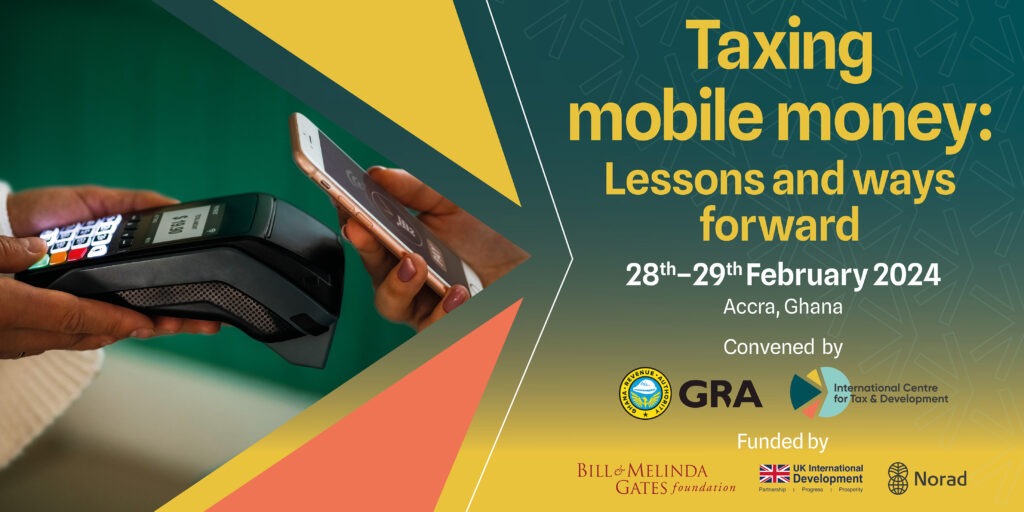



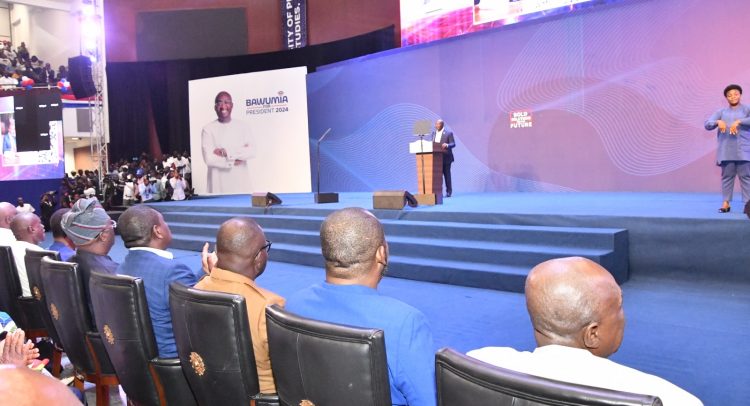


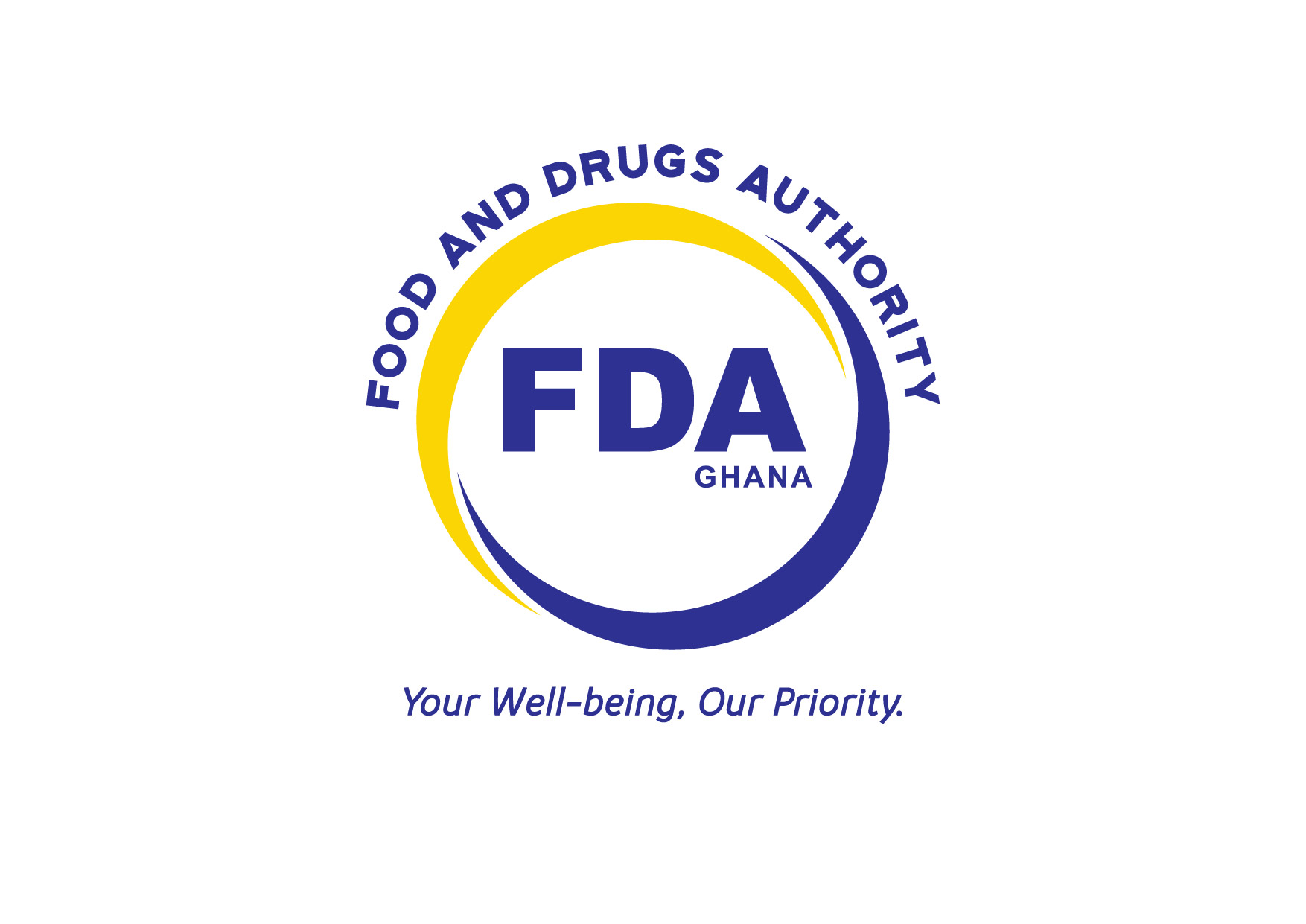
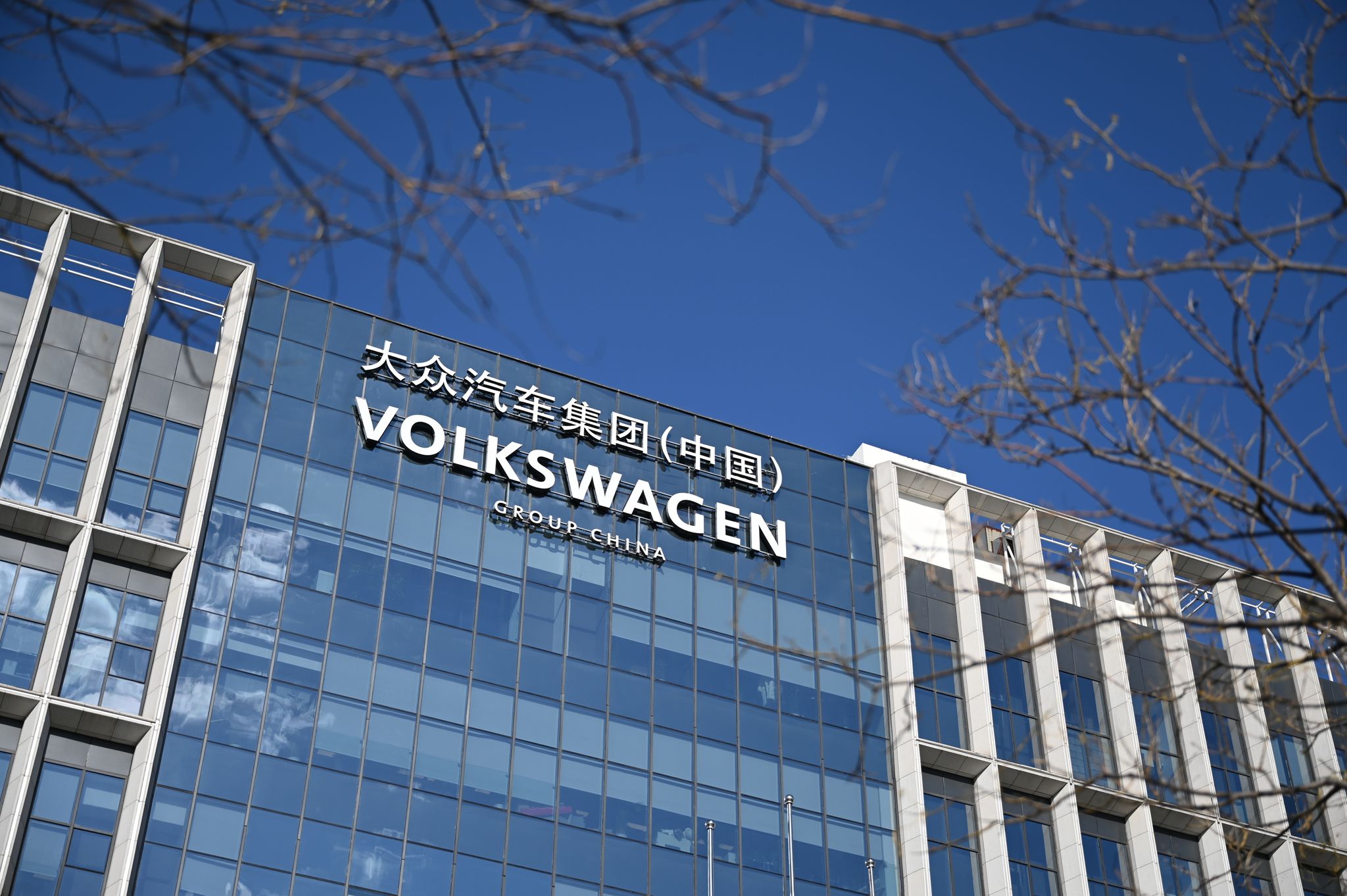




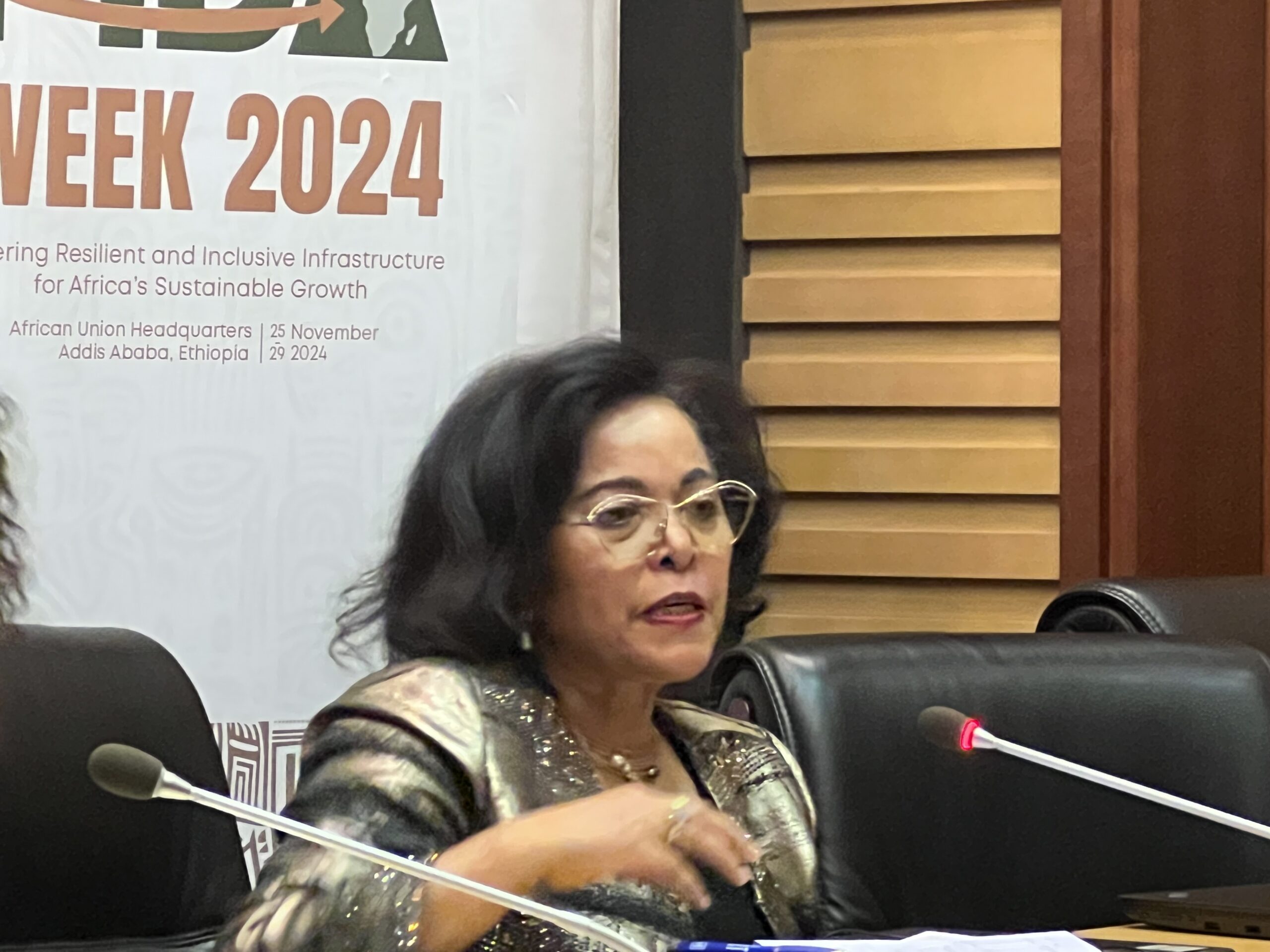





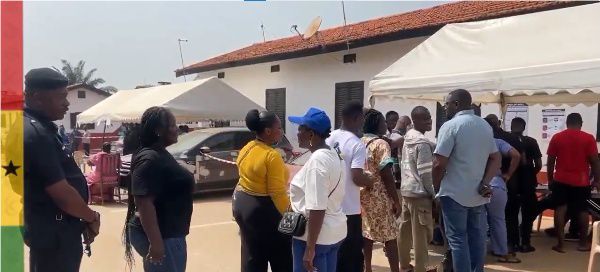
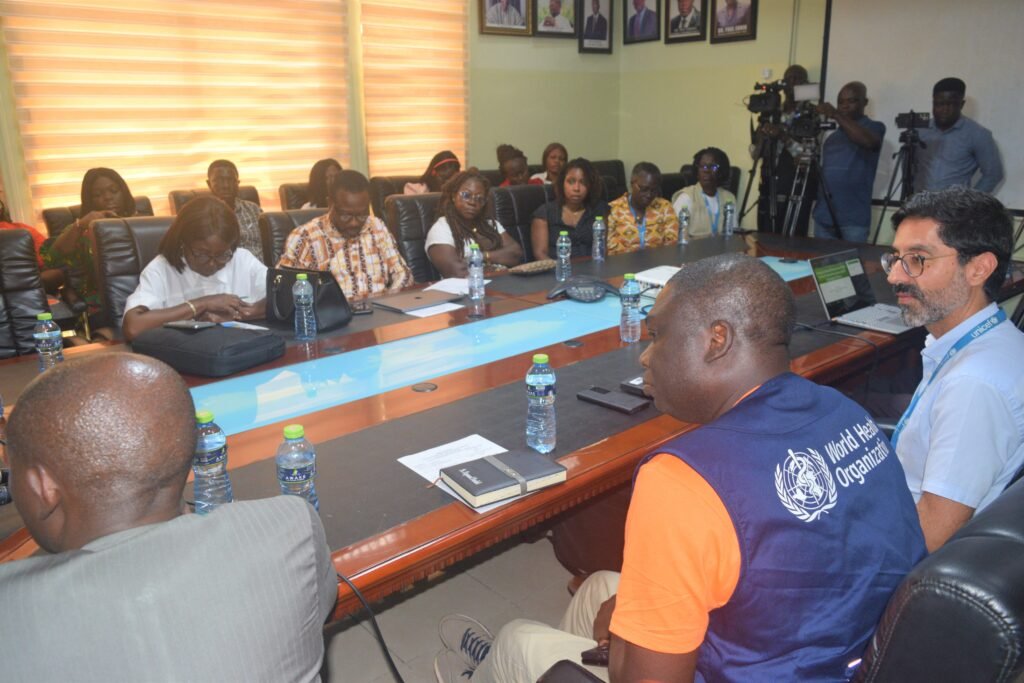
Facebook
Twitter
Pinterest
Instagram
Google+
YouTube
LinkedIn
RSS